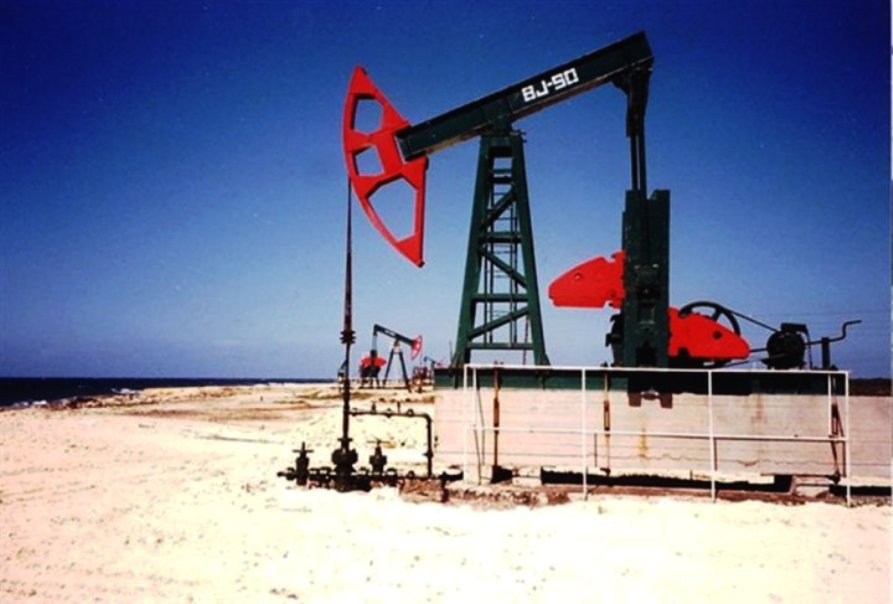By Ricardo Torres Perez, CEEC – University of Havana, December 20, 2012
from the Cuban Studies Group
Original Article here: Torres, Cuba’s Energy Problem and Oil in the Gulf of Mexico
 On-Shore Petroleum Extraction on the Bacuranao Oil Field between Matanzas and Varadero, Photo by Arch Ritter, 1996,
On-Shore Petroleum Extraction on the Bacuranao Oil Field between Matanzas and Varadero, Photo by Arch Ritter, 1996,
Cuba has historically suffered from an acute dependence on foreign sources to meet its energy needs. Until now, the island has had a small supply of conventional energy resources such as oil1, gas and coal, key sources in the current energy model. During the last century, and for different reasons, the country concentrated its oil imports in two major contemporary economic and military powers, the U.S. and the extinct Soviet Union. The analysis of the evolution of this dependence is essential to explain the possibilities of development for the country. Therefore, any event with the power to mitigate this constraint has sizeble economic and geopolitical significance for the Caribbean nation.
After 1959, the Soviet Union became the quintessential foreign supplier. Preferential supply conditions notably eased the pressures of the road towards diversified energy and greater weight for domestic sources, although there was a breakthrough in energy production from sugarcane biomass, logical result of the growth in volumes of sugarcane.
Twenty-two years ago, that model was in crisis. The country was forced to severely restrict consumption between 1990 and 1995, which was only partially relaxed to the extent that the economy left this critical period in the early nineties. The symbol par
excellence was the blackout, an extreme measure used frequently in exceptional circumstances. One of the immediate responses to alleviate the situation was the decision to double efforts to increase domestic oil production. That attempt was made feasible by the participation of foreign companies, under a scheme of risk contracts. The results have been very good, increasing output by nearly six times in the period. Progress was also made in the use of natural gas, which plays a major role in the generation of electricity2 and the supply of fuel for cooking in the capital of the country. In both examples, the role of foreign investment has been crucial.
 Petroleum Exploration Concessions
Petroleum Exploration Concessions
Author: Ricardo Torres, CEEC Universidad de La Habana


